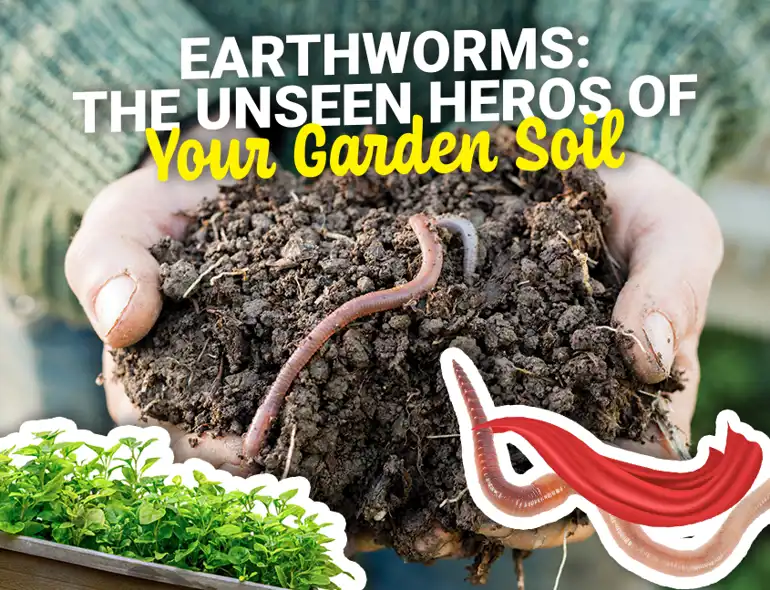Attracting Earthworms to Your Garden: The Unseen Heroes of Garden Soil
Vermicomposting: Worms at Work
Vermicomposting is a process involving using worms to turn everyday organic waste into high-quality compost. It's sorta like assembling having a team of teeny tiny compost factories who will work around the clock to turn your kitchen scraps into garden gold. Even better? It's super easy to set up a worm composting bin of your very own at home. All you'll need is a suitable container, a bit of bedding material, and of course, some worms!
When you add organic compost directly to the soil, not only are you just improving its nutrient content. You're also creating an environment that's very welcoming for earthworms. The wriggly little workers will burrow their way within the soil, thereby creating a network of tiny tunnels that actually improve soil aeration and water drainage. This is beneficial for plants that need well-drained soil to thrive in particular.
So can one tell if their compost is ready to use? This is where a handy-dandy soil test comes in. A simple soil test can reveal the nutrient content of your compost, to help you determine when it's ready to be added to your garden. And in case you are worried about being overwhelmed...don't be, you don't need to be a soil scientist whatsoever to perform a soil test. There are plenty of easy-to-use soil test kits available on the market, simply follow the instructions and you'll be good to go!
Adding compost to your garden also helps improve compacted soil. As the worms move their way through the soil, they create tunnels that help to loosen the tightly compacted soil and improve its overall structure. This wormy activity is beneficial for improving the condition of the top soil which tends to become quite compacted.
The nutrients in this compost are readily available for plants to use, which helps them grow stronger and healthier. No matter what you're growing from imported plants or a native species, they'll all reap the benefits from the addition of compost to the soil.
The Different Species of Earthworms: Know Your Worms
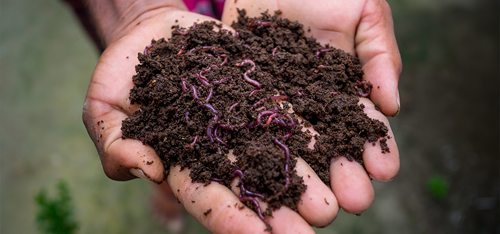
There are many different species of earthworms, each with its own unique characteristics and benefits. The most commonly form of worm used for outdoor compost bins is the red wiggler. These red wiggler worms are surface dwellers, meaning they prefer to live close the surface of the soil/compost pile. They're absolutely voracious eaters, and will consume and break down organic matter at an incredible pace. The result? A super nutrient-rich ideal compost that's just the ticket for improving your garden soil.
Others, like the larger nightcrawlers, are mighty at aerating the soil.
By getting an understanding of the different species of worms you'll be able to make the absolute most of these beneficial creatures in your garden.
Attracting Earthworms to Your Garden
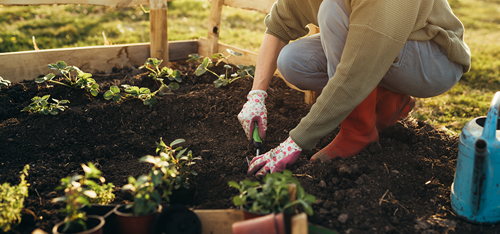
Attracting earthworms to your garden...where do you even start? If you want to attract earthworms to your garden, you need to make your garden a worm paradise. Luckily it isn't as hard as it might seem. It's all about creating a worm-friendly environment. Providing plenty of organic matter for them to eat, maintaining a moist soil (but not waterlogged!), and not making use of harmful pesticides that can harm these beneficial creatures. This means providing plenty of organic matter for them to eat, like compost or leaf litter. Follow those 3 steps and the wiggly worms will find their way to you just like that!
The Magic of Worm Castings
Worm castings, (or less tactfully: worm poop!), are actually pure gold as far as gardening is concerned. These tiny little nuggets of hyper nutrient-rich organic matter are a natural fertilizer that improves plant growth. They're densely packed with nutrients that plants can directly use, which makes them an excellent addition to your garden soil.
Worm Composting: Turning Scraps into Soil
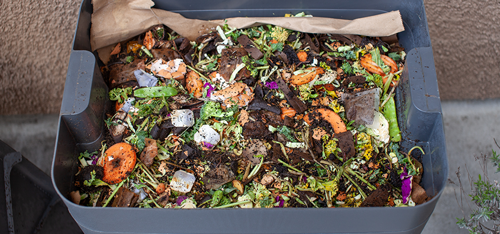
Worm composting, or as we've learned, vermicomposting, is a fantastic way we recommended to recycle your kitchen scraps into a useful nutrient-rich compost. The addition of worms to your compost bin or pile can speed up the composting process and in turn, produce high-quality compost that your plants adore. Not to mention it's a great way to reduce waste while helping the environment!
What's the Big Deal About Worms in the Garden? Your questions answered!
1. How can I attract earthworms to my garden?
To attract earthworms to come to your garden, we suggest adding some organic matter (think things like compost, leaf litter, or mulch). Earthworms will totally be attracted to these types of areas that are brimming with lots of organic matter. They'll flock to it naturally...for feeding purposes!
2. How can I improve soil structure in my garden?
To improve soil structure, incorporate organic matters such as compost, worm castings, or well-rotted manure with the soil. Doing this will enhance soil drainage, fertility and soil quality in general.
3. How can I encourage earthworms in flower beds or raised beds?
By creating a suitable environment worms will love you can encourage earthworms to make their way to flower beds (or raised beds). To do this: provide them with organic matter while avoiding making use of chemical pesticides, and keeping a close eye on the moisture level in the soil
4. What are the benefits of earthworms for my garden?
The benefits Earthworms provide for your garden are many! In short, they'll help to improve garden soil fertility, all the while increasing microbial activity, enhancing nutrient cycling, and in general improving your plant's growth overall. Their mere presence alone is the actually clearest indicator you have healthy soil conditions!
The Importance of Garden Worms: A Summary
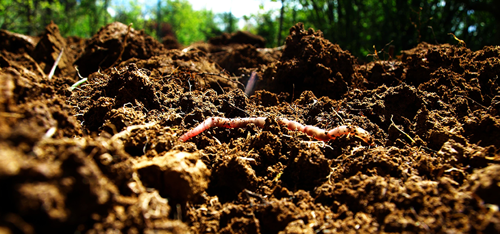
These wormy little wrigglers can definitely play a pivotal role in improving your garden's soil if you let them do their thing. They'll break down organic matter, they'll improve your soil's structure and add valuable nutrient content. What's not to love?!
Along the way as a bonus, they also aerate soil (which allows the plant's roots to penetrate even deeper into the ground than they would be able to under normal conditions!) ultimately leading to your plants being both healthier and stronger. So, hey! Next time you see a worm, or two (or more) hanging out in your garden, remember to appreciate that little fella and all of the hard work they're doing for you...and your garden!
We hope these slimy little critters have proven themselves to be a whole lot more than just bait for fishing - honestly, I think they're actually the underrated, unseen heroes of our gardens! So, let's show them love and give them the R.E.S.P.E.C.T. they deserve.
Further Reading:


